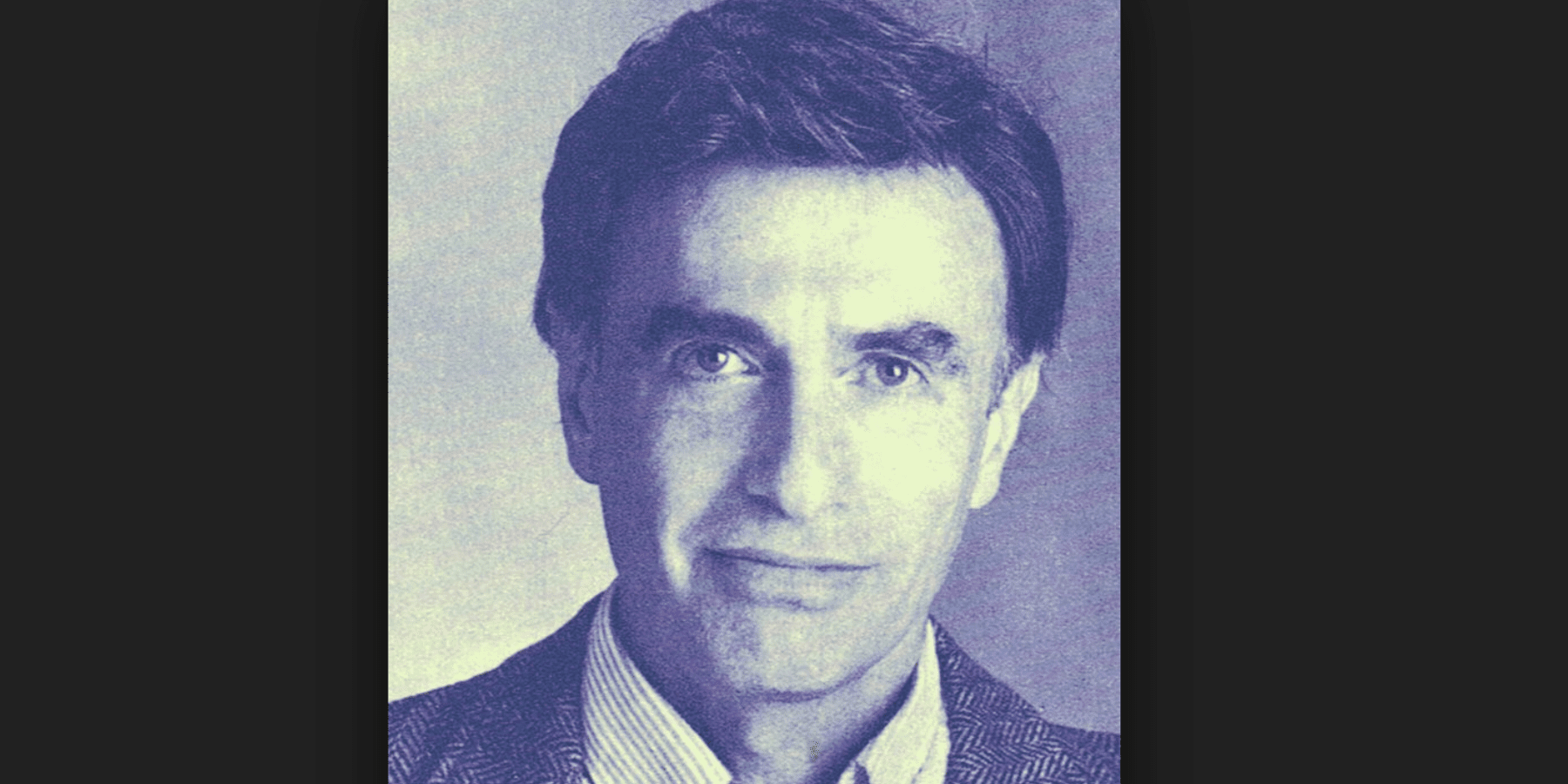
An early and forceful advocate for the declassification of homosexuality as a mental illness, Dr. Richard Green died at his London home on April 6 of esophageal cancer. He was 82, survived by son Adam Hines-Green.
In 1972, three years after the Stonewall riots, Green argued against the classification of homosexuality as a mental illness by the APA.
He stated that the grounds for deciding the issue should be the “historical and cross-cultural groundings in homosexual expression, associated psychiatric features accompanying a homosexual orientation, the emotional consequences to the homosexual of societal condemnation, and behaviors of other species.”
In 1971, Green founded Archives of Sexual Behavior. He remained an editor of the publication for 30 years. In many of his writings and published books, Green used terms like “sissy boy” and “tomboy,” which sparked controversy.
Green was optimistic about the future of biology in regards to sexual orientation. He once told a reporter, “I suspect that at least in your lifetime we will find a gene that contributes substantially to sexual orientation.”
Green was born in Brooklyn, New York. He earned his BA from Syracuse University in 1957, his MD from Johns Hopkins University School of Medicine in 1961, and his J.D. from Yale Law School in 1987.
Among the highlights from his legal career: he served as co-counsel to Elke Summer in her libel suit against Zsa Zsa Gabor, and he served as co-counsel with the ACLU in the 1998 case Curran v. Mount Diablo Council of the Boy Scouts of America, challenging Boy Scouts for refusing memberships to young gay men.
Green was also the founding president of the International Academy of Se Research, and he served on the American Psychiatric Association DSM-IV Subcommittee on Gender Identity Disorders.
Green was also an educator, among positions he served in his career: Professor of Psychiatry at the University of California, Los Angeles, Professor of Psychiatry at the State University of New York at Stony Brook, and Professor of Psychological Medicine, Imperial College, London.
h/t: The New York Times

This guy was a hero.